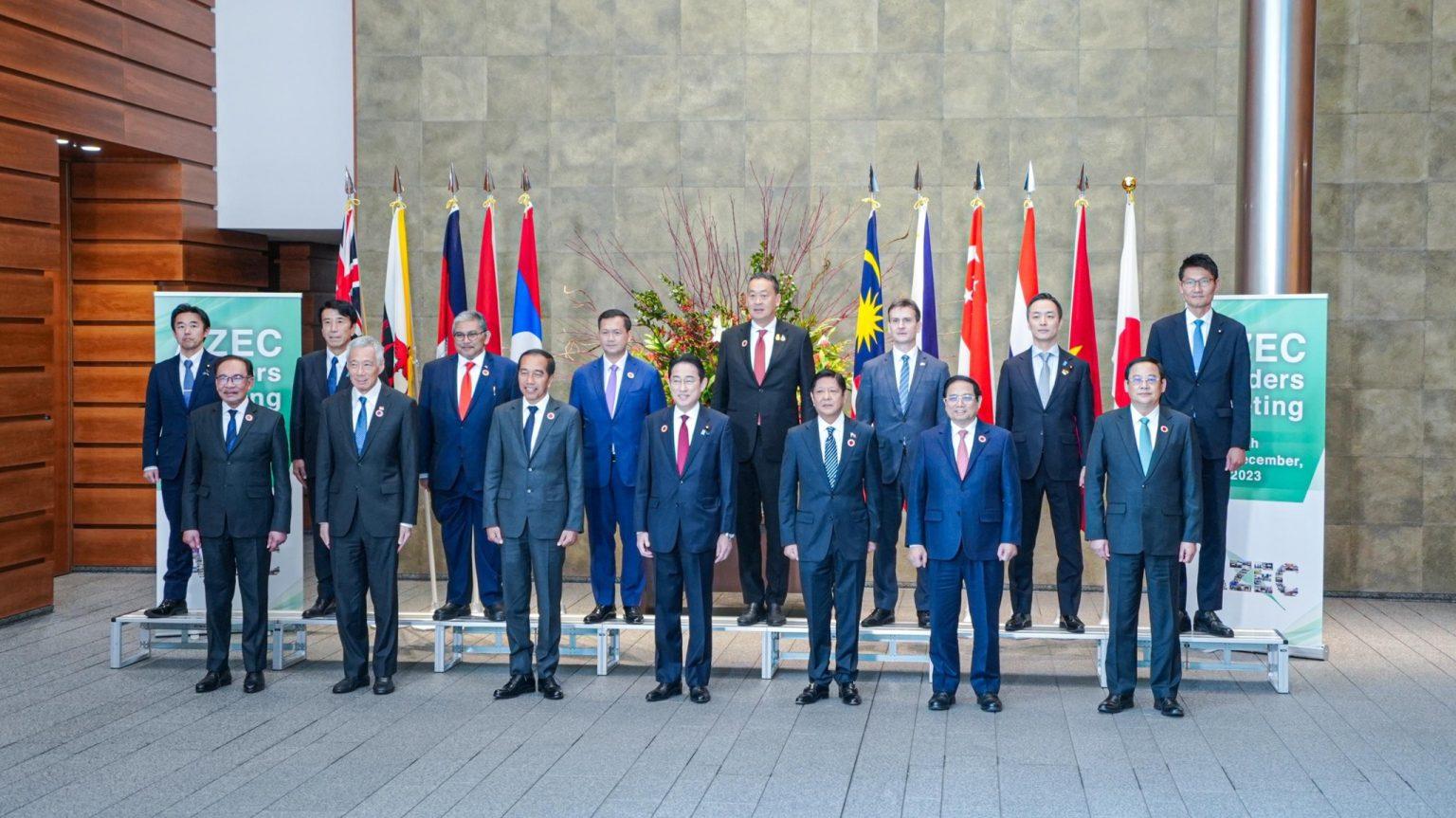News
ASEAN, China reaffirm commitment to Declaration of Conduct in SCS

FILE: President Ferdinand R. Marcos Jr. joined the Association of Southeast Asian Nations (ASEAN) on Monday in condemning North Korea’s action to reportedly fire an intercontinental ballistic missile toward the Sea of Japan. (PCO Photo)
MANILA – The Association of Southeast Asian Nations (ASEAN) and China have reaffirmed their commitment to the full implementation of the Declaration of Conduct (DOC) in the South China Sea amid reports of suspected reclamation activities in Sabina Shoal, an uninhabited feature located within the Philippines’ exclusive economic zone (EEZ).
Diplomats from ASEAN member states and China met from May 13 to 15 in Thailand for the 43rd meeting of the ASEAN-China Joint Working Group (JWG) on the Implementation of the DOC of Parties in the South China Sea.
“All parties agreed to maintain peace and stability in SCS (South China Sea), continue to fully and effectively implement DOC, remain self-restraint, keep the momentum of dialogue and consultation, and finalize COC (Code of Conduct) at an early date,” Chinese Ambassador to the Philippines Huang Xilian said in a statement Thursday.
The ASEAN-China JWG regularly convene at least twice a year to study and recommend measures that would translate the provisions of the DOC into concrete cooperative activities.
It will then submit these for the consideration of the ASEAN-China Senior Officials’ Meeting on DOC or SOM-DOC.
China and ASEAN’s reiteration at the JWG level comes following the reports of Chinese sightings and the discovery of dumped dead and crushed corals in the Sabina Shoal, which the Philippine Coast Guard believes is an indication of an attempted reclamation activity.
Sabina Shoal is an atoll situated around 75 nautical miles away from mainland Palawan,, and has been classified as a low-tide elevation, meaning it does not generate a territorial sea of its own.
China, which claims Sabina Shoal as part of its territory, earlier denied it is building an artificial island on the feature.
The DOC is the first political document jointly issued by ASEAN member states and China in 2002 to maintain stability in the South China Sea pending a COC or a resolution to territorial dispute between Beijing and other Southeast Asian claimant states.
In the document, the parties agreed to “exercise self-restraint in the conduct of activities that would complicate or escalate disputes and affect peace and stability”.
This includes “refraining from action of inhabiting on the presently uninhabited islands, reefs, shoals, cays, and other features and to handle their differences in a constructive manner”.





















